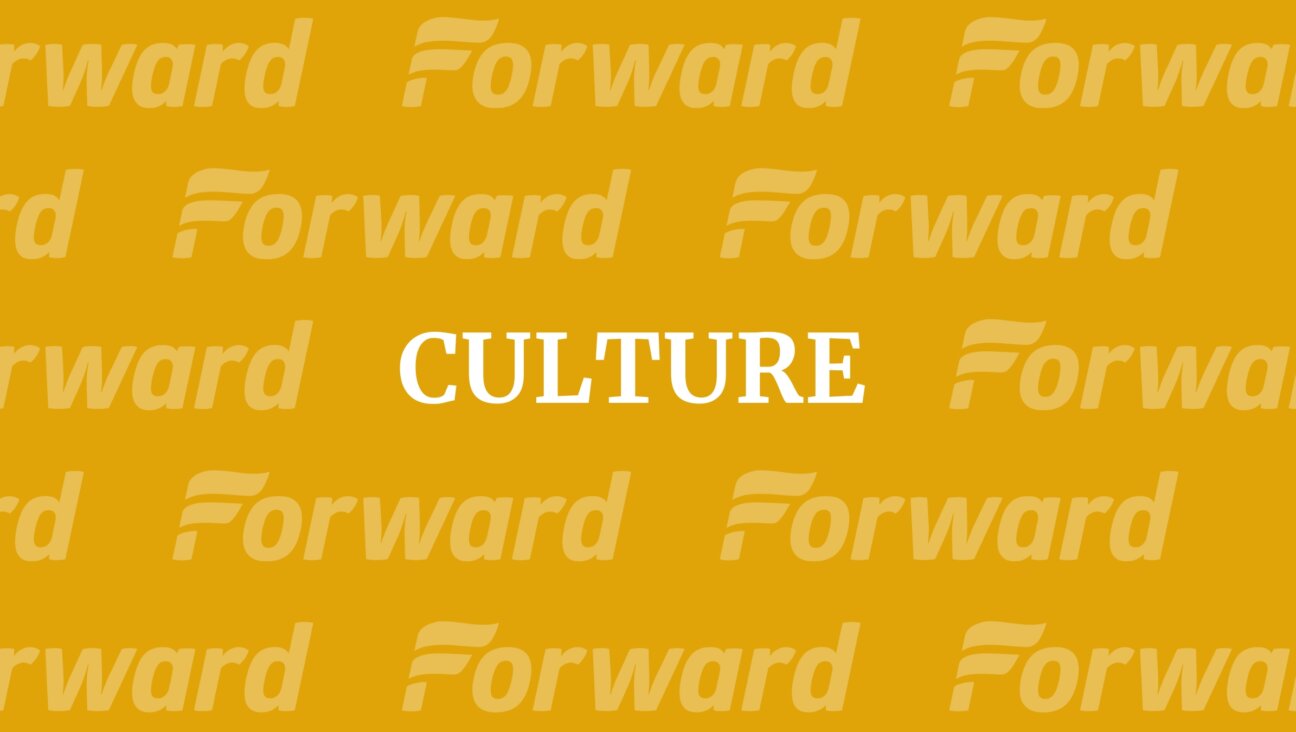The Dignity Kittel

The Dignity Kittel; slideshow below. Image by Jacqueline Nicholls
The Kittel Collection is a series of clothing pieces that explores the different ways clothing is used as a vehicle for meaning and identity within our tradition and literature. The kittel is a simple, white, garment used as a burial shroud, and customarily worn by men on various Jewish holy days. Each month, The Sisterhood has been showcasing and exploring the meaning behind, a kittel from my collection. View images of this month’s kittel, the Dignity Kittel, after the jump.

The Dignity Kittel; slideshow below. Image by Jacqueline Nicholls
I used to spend Christmas volunteering at a temporary homeless shelter in London that provided basic services and support. The facility provided medical and dental care, food, hairdressing and clothing. Needy guests could choose an outfit, and my job was to make sure that these garments fit them properly. We were instructed to make sure that the clients didn’t look like they were wearing hand-me-downs. The shelter also supplied practical warm coats, but by ensuring that there were people there to make adjustments, the shelter recognized that clothing doesn’t just provide protection against the elements.
The ethical commandment to clothe the naked is an act of chesed, or loving-kindness. Clothing gives protection against the cold and the wind, but it also removes the vulnerability of being exposed. The shame of nakedness is the discomfort of having nowhere to hide; one’s frailty and imperfections are open to judgment, scorn and derision. Clothing is a way of conferring status and basic human dignity.
(slideshow below)
The Rambam’s code for giving to charity lists a hierarchy of charitable giving. He recommends that one shouldn’t just provide basic clothing but rather the type of clothing that they would have worn before they lost their money.
This kittel has the elements of the white business shirt and tie. This is the uniform of the smartly dressed, respectable professional. But the details — the collar and the tie — are disappearing into the garment. Status is transient and can be removed, should one’s life circumstances change. Our honor and status are not permanent but shifting and unstable, dependent on our relationship with others. Without clothing masking our vulnerabilities, we are naked.
























